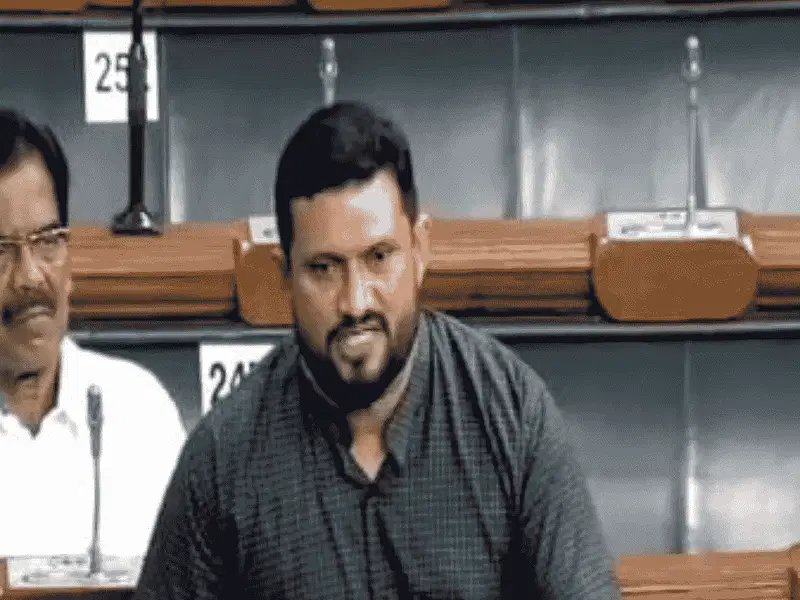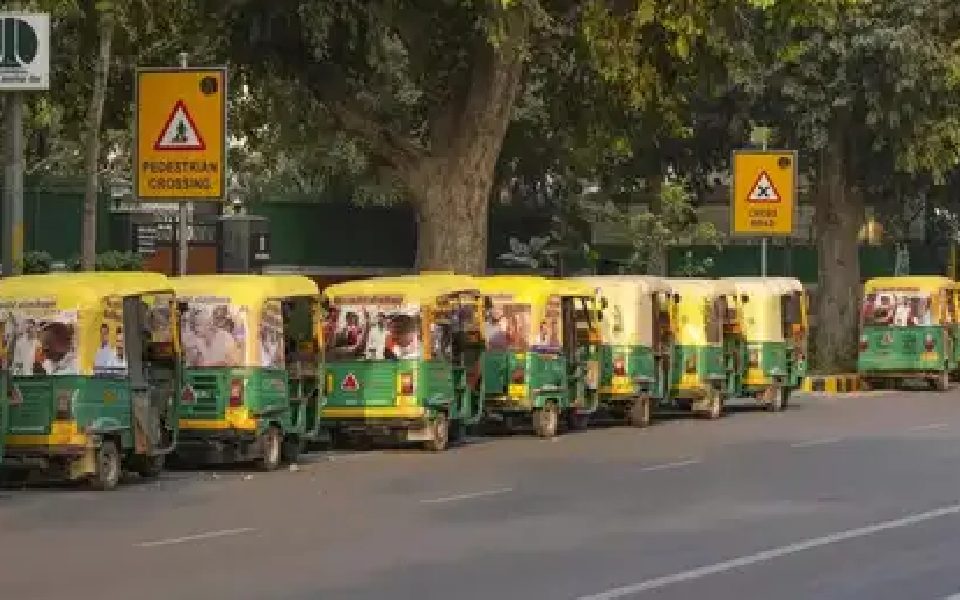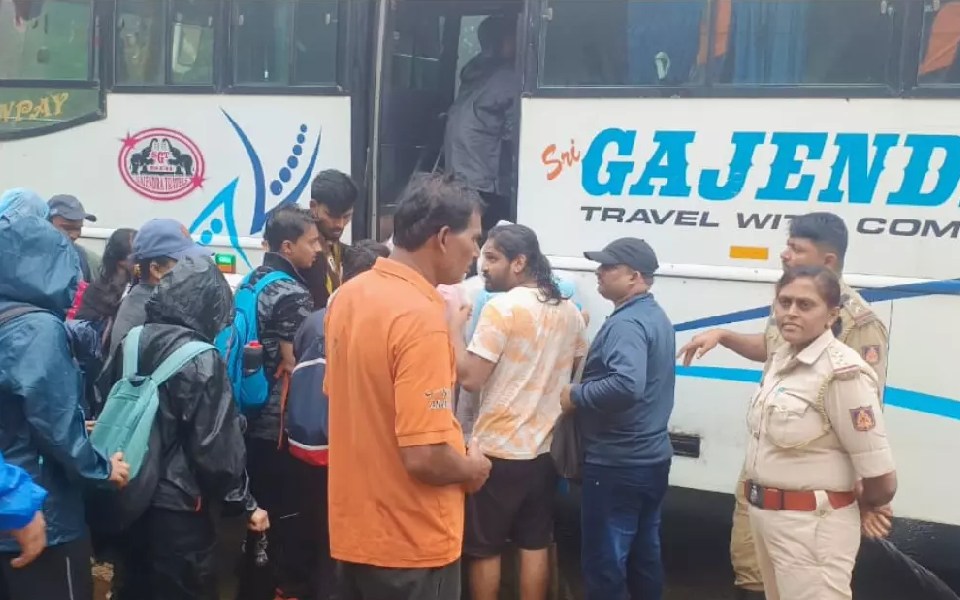New Delhi, Mar 25: Disqualified Lakshadweep MP Mohammed Faizal has moved the Supreme Court against the Lok Sabha Secretariat for not withdrawing a notification disqualifying him as a Member of Parliament upon his conviction and 10-year sentence, which was later stayed by the Kerala High Court.
Faizal stood disqualified from the membership of Lok Sabha from January 11, the date of his conviction in an attempt to murder case by a sessions court in Kavaratti, according to a notification issued on January 13 by the Lok Sabha Secretariat.
In his petition filed in the apex court through advocate K R Sasiprabhu, Faizal said the L S Secretariat failed to withdraw the notification despite the fact that his conviction was stayed by the high court on January 25.
"The petitioner is constrained to invoke the extraordinary jurisdiction of this court under Article 32 of the Constitution of India, against the unlawful inaction on the part of the respondent, Secretary General of the Lok Sabha Secretariat in not withdrawing the notification dated January 13, 2023, whereby the petitioner was disqualified from his membership of Parliament from the Lakshadweep parliamentary constituency," the plea said.
It further claimed that the respondent's inaction is in the "teeth of the settled law" that disqualification incurred by a Member of Parliament (MP) under section 8 of the Representation of the People Act, 1951, ceases to operate if the conviction is stayed by the appellate court under section 389 of the Code of Criminal Procedure.
"It is pertinent to note that the Election Commission, by taking note of the correct legal position, recalled the by-election press note dated January 18, 2023," it said.
The plea said the Lok Sabha Secretariat has not revoked the disqualification notification despite various representations and Faizal was denied participation in the Budget Session of the Parliament as well as the ongoing session.
The trial court had on January 11 convicted and sentenced him to 10 years imprisonment in the case.
Later, the high court stayed the conviction and the sentence imposed upon Faizal, who filed an appeal against the trial court verdict.
In January, the Union Territory (UT) of Lakshadweep moved the apex court challenging the January 25 order of the high court which had suspended his conviction and sentence till the disposal of the appeal before it.
On February 20, the top court had issued notice to Faizal and others on the plea filed by Lakshadweep.
Let the Truth be known. If you read VB and like VB, please be a VB Supporter and Help us deliver the Truth to one and all.
Kalaburagi: Continuous heavy rainfall across Kalaburagi district has severely disrupted normal life, with water bodies overflowing and causing damage in several parts of the region.
In one such incident, cattle were swept away in a stream in Kudamood village of Kamalapur taluk. According to reports, the animals were being taken across a bridge by farmers to the fields when the strong current carried them away.
Meanwhile, in several areas of the district, walls and roofs of houses collapsed due to the persistent downpour, causing extensive property damage. No casualties have been reported so far, but residents have been left distressed by the sudden destruction caused by the heavy rain.





